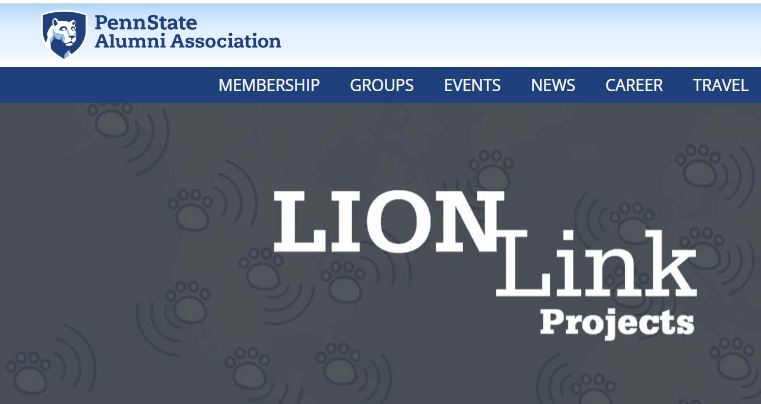
Is your job stressing you out? If so, you aren’t alone. Job stress affects many people, and in serious cases may even reach a point where it can become difficult to concentrate or perform well at work.
Most of us already know that stress isn’t good for us. There has been much scientific evidence linking stress to a host of medical problems, from heart issues to depression. Even with moderate levels of job anxiety, you might notice that you have more headaches or that you are having difficulty sleeping. Job-related tension has a tendency to bleed into other parts of our lives, increasing our overall anxiety and unhappiness. It can also have a negative impact on our personal lives and our relationships with family and friends.
The exact circumstances causing your job stress can vary. There are many different factors that can lead to work-related anxiety. A few of these include:
- heavy workload – If you feel the amount of work you are expected to complete is unrealistic or perhaps even impossible, this will lead to high levels of frustration, and the constant worry of never being able to finish everything on your to-do list.
- long hours – Putting in too many hours at work leaves you with little or no time to recharge and decompress after a demanding day.
- negative work environment – Spending every day in a toxic work environment or among co-workers with low morale will eventually take its toll.
- lack of job security – An ongoing worry about the future of your job, and whether it may end unexpectedly, can create a constant sense of anxiety.
Of course, there are many other circumstances that can all combine to increase your work-related stress. Whatever the cause, it’s important that you find a way to lessen or manage your job anxiety.
Some immediate steps you can take include evaluating your duties to see which (if any) you might be able to eliminate or delegate/outsource. It may also be necessary to have a talk with your manager to reassess your job duties and discuss possible changes.
How an EAP Program Can Help
Many companies offer an Employee Assistance Program (EAP) — a service available through certain employer benefit packages that offers assistance to employees with personal and work-related issues. An EAP is part of some benefits programs, and offers services to help workers with a variety of challenges or issues that may affect their job performance. If your workplace has an EAP, you can access free services that could include counseling, referrals, assistance with navigating insurance red tape, or help locating counselors or mental health professionals in your area. EAP programs operate under strict confidentiality rules, so their counselors cannot discuss any EAP interactions with your manager or anyone else without your permission.
If your employer doesn’t offer an EAP, you can look for a counselor on your own. Your insurance plan may cover some or all of the costs involved (check your coverage details or ask an HR rep).
Penn State World Campus students who would like assistance in handling job stress or any other mental health matters can contact Penn State Counseling & Psychological Services (CAPS) at 814-863-0395.
Also, visit our website to learn more about the mental health services and resources available to Penn State World Campus students.



